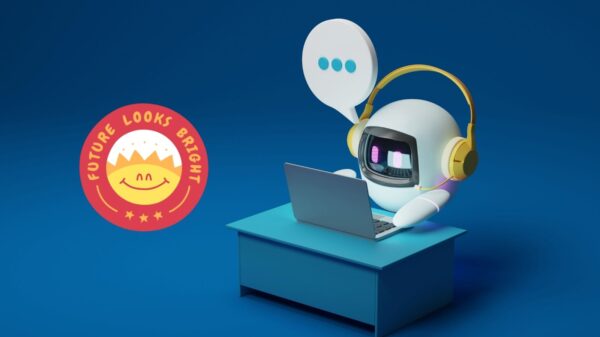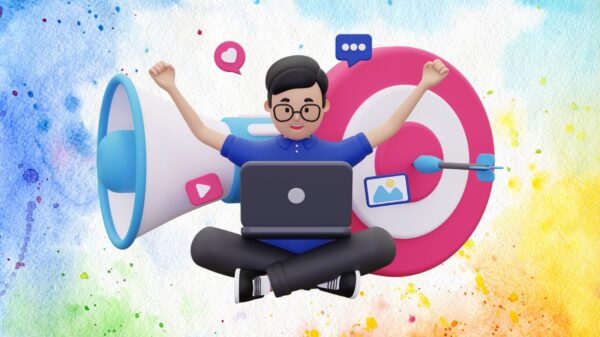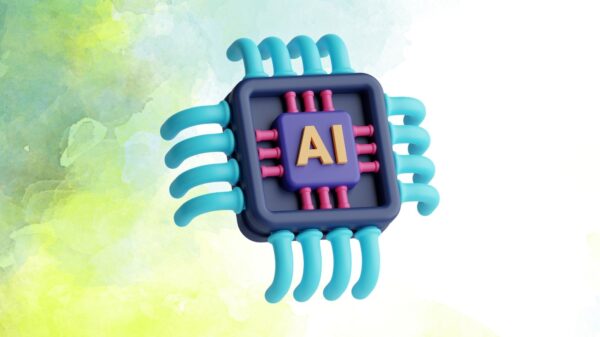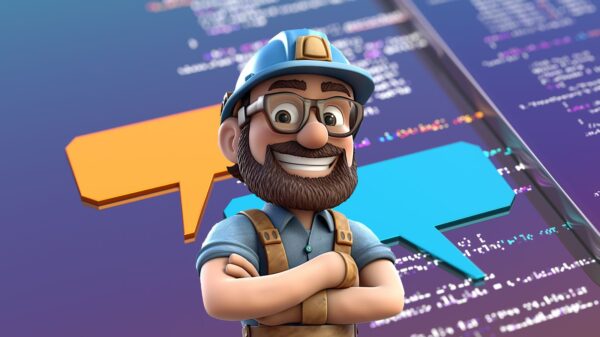In today’s fast-paced world, staying ahead of the curve and continuously expanding our knowledge has become essential. Fortunately, the integration of artificial intelligence (AI) in education has opened up exciting opportunities for smarter learning and cognitive enhancement. From personalized learning experiences to intelligent study aids, AI-powered tools are revolutionizing the way we acquire knowledge. In this article, we will delve into the world of AI-powered brain boosters and explore how they are transforming the learning landscape.
1. Personalized Learning Paths
One of the most remarkable aspects of AI in education is its ability to create personalized learning paths for students. Traditional classrooms often follow a one-size-fits-all approach, which may not cater to individual learning styles and paces. AI algorithms analyze students’ strengths, weaknesses, and learning patterns to curate customized learning journeys. This ensures that learners receive content and exercises tailored to their specific needs, maximizing comprehension and retention.
- Coursera: Offers personalized course recommendations based on user preferences and learning history.
- Knewton: Provides adaptive learning solutions for educational institutions, tailoring content to individual student needs.
2. Adaptive Assessments
AI-driven assessments are changing the game when it comes to evaluating a student’s understanding of a subject. These assessments adapt in real-time based on the student’s responses. If a student answers a question correctly, the system will present a more challenging one, and if they struggle, it will offer simpler questions. This adaptive approach not only provides more accurate assessments but also reduces stress by eliminating the fear of failing an entire test.
- DreamBox: An adaptive math program for K-8 students that adjusts content based on student performance.
- Duolingo: Offers adaptive language assessments to measure proficiency and personalize lessons.
3. Smart Content Creation
AI tools are being used to develop educational content that is engaging and effective. Through natural language processing and machine learning, these tools can generate interactive lessons, quizzes, and even virtual simulations. The content adapts to the learner’s progress, ensuring that they are consistently challenged at the right level.
- Canva: Uses AI to generate design suggestions and create visually appealing educational materials.
- Quillionz: Automatically generates questions from text content, aiding in the creation of quizzes and study materials.
4. Intelligent Study Assistants
Say goodbye to the days of deciphering handwritten notes and flipping through textbooks for hours. AI-powered study assistants can help students organize their study materials, provide explanations for complex topics, and even offer real-time support through chatbots. These assistants are available 24/7, making them invaluable resources for students tackling homework or preparing for exams.
- Grammarly: Provides real-time writing assistance, offering suggestions for grammar, spelling, and style.
- Wolfram Alpha: Helps with problem-solving and computations in various subjects, making it a valuable study tool.
5. Enhanced Language Learning
Language learning apps and platforms now incorporate AI to provide a more immersive and effective experience. AI-driven language tutors can assess pronunciation, identify areas that need improvement, and offer targeted exercises. Some apps even use speech recognition technology to engage in conversations with learners, helping them practice in real-life scenarios.
- Duolingo: Uses AI to adapt language lessons based on the learner’s progress and goals.
- Babbel: Offers AI-driven speech recognition for pronunciation practice.
6. Gamification for Engagement
AI has made learning more fun and engaging through gamification. Educational games powered by AI adapt to the player’s skill level, providing challenges that are neither too easy nor too difficult. This keeps learners motivated and eager to continue their educational journey.
- Kahoot!: A game-based learning platform that uses gamification to engage students in quizzes and surveys.
- Prodigy: A math platform for elementary and middle school students that combines math practice with an immersive game world.
7. Predictive Analytics
Educational institutions are leveraging AI to identify students who may be at risk of falling behind. By analyzing various data points, such as attendance, coursework, and engagement, AI can predict which students might need additional support. Early intervention can make a significant difference in a student’s academic success.
- Blackboard Predict: Uses data analytics to identify students at risk of academic challenges and provides early intervention.
- Civitas Learning: Offers predictive analytics solutions for higher education institutions to improve student outcomes.
8. Virtual Reality and Augmented Reality
AI-driven virtual and augmented reality experiences transport students to immersive learning environments. Whether it’s exploring ancient history through VR or dissecting a virtual frog in AR, these technologies enhance understanding and make learning more captivating.
- Oculus Education: Provides VR experiences for educational purposes, such as history and science simulations.
- Merge AR/VR: Offers AR/VR tools for educational content, including anatomy exploration and virtual tours.
9. Ethical Considerations
While AI has enormous potential in education, it also raises ethical concerns. Data privacy, bias in algorithms, and the need for responsible AI use are critical topics that educational institutions and policymakers must address.
10. The Future of Learning
As AI continues to advance, the future of education looks promising. AI-powered tools will play a central role in creating highly personalized and effective learning experiences. However, it’s essential to strike a balance between technology and human interaction, ensuring that students receive the holistic education they need.
AI-powered brain boosters are reshaping the landscape of education, making learning more personalized, engaging, and effective. These tools are not here to replace educators but to empower them and their students with powerful resources for smarter learning. As AI continues to evolve, it will be fascinating to witness the further transformation of education in the years to come.




























